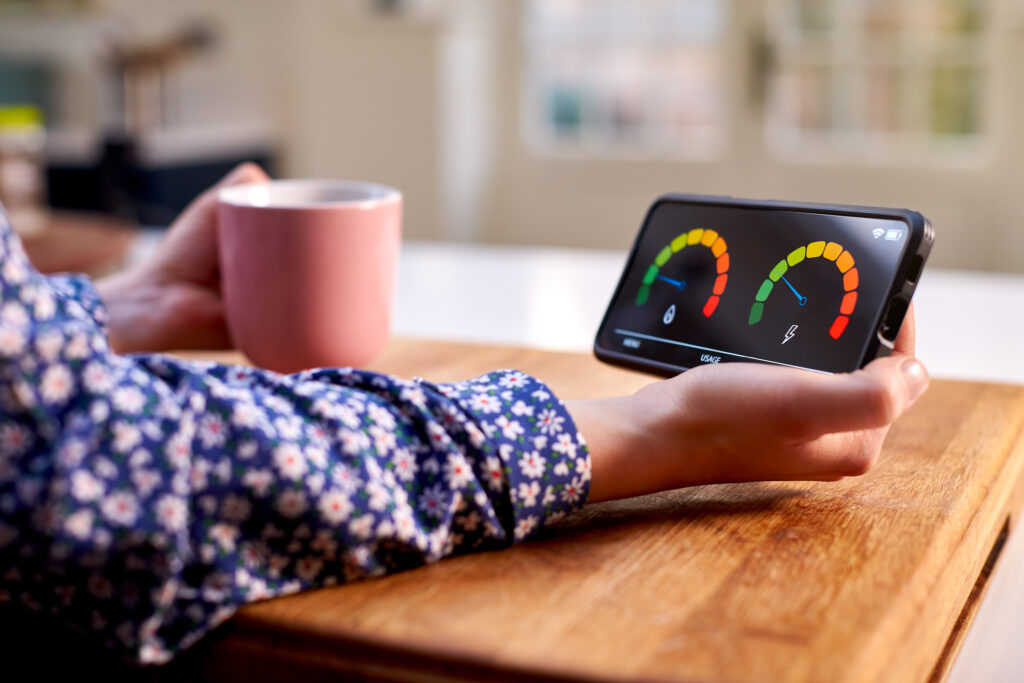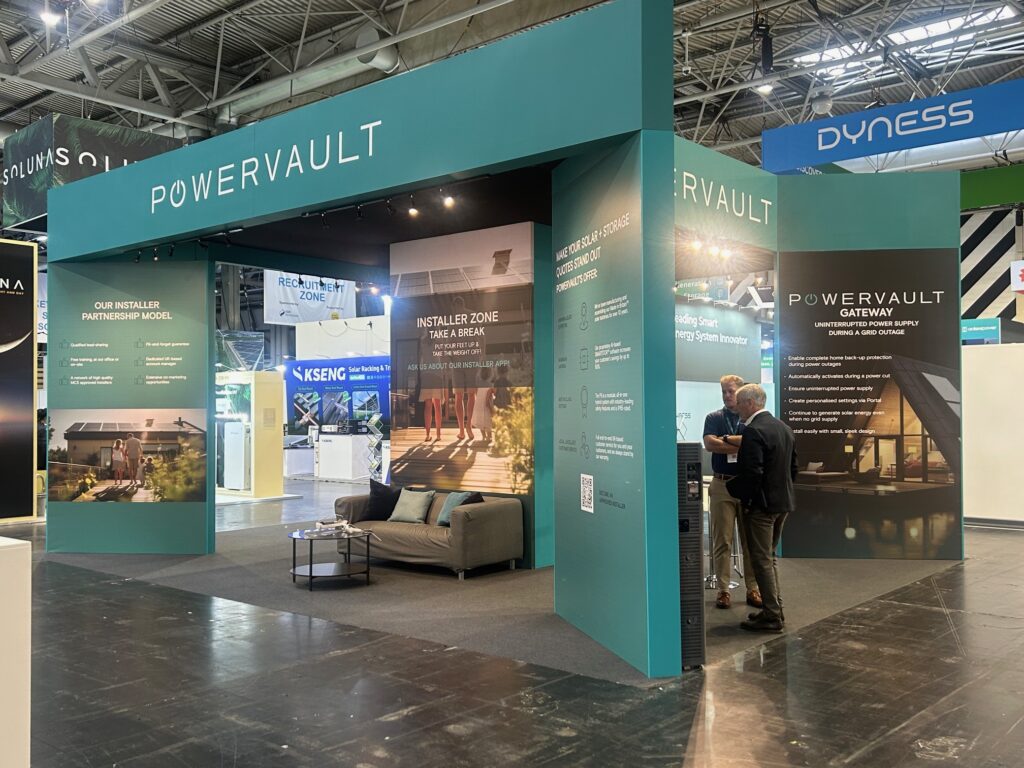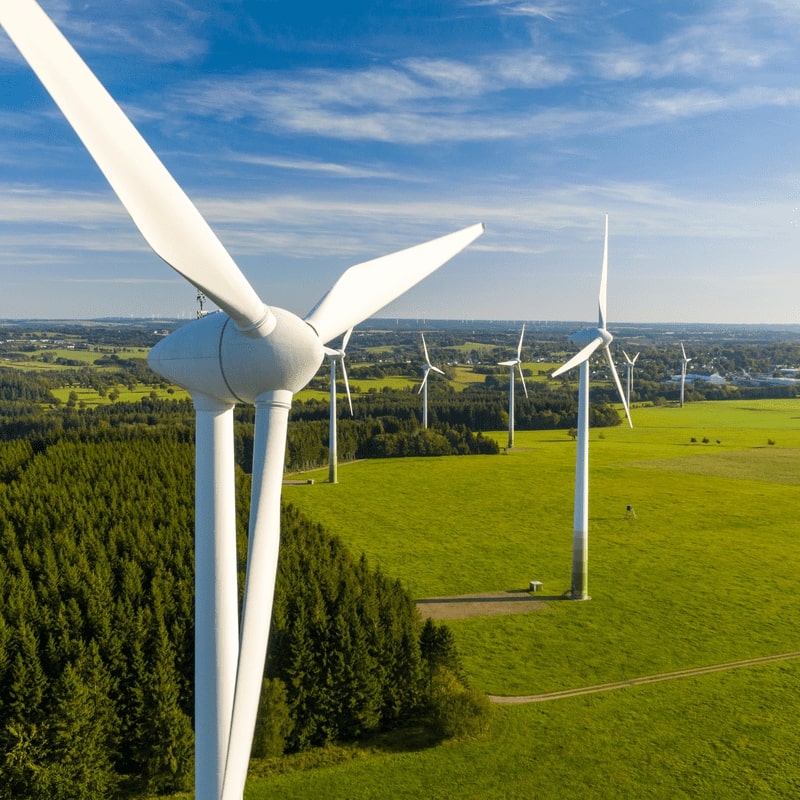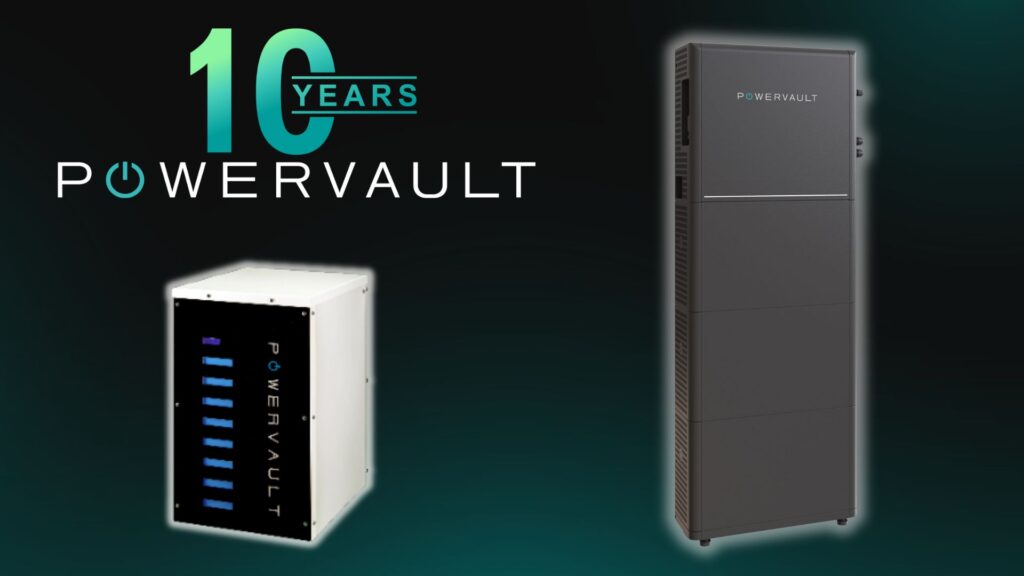Statistic cookies help website owners to understand how visitors interact with websites by collecting and reporting information anonymously.
| Name | Provider | Purpose | Requires Consent | Expiry |
| webkern | kerned.com | Used to monitor website speed and availability across our network | No | 1 year |
| vuid | vimeo.com | Collects data on the user’s visits to the website, such as which pages have been read. | No | Session |
| _ga | powervault.co.uk | Registers a unique ID that is used to generate statistical data on how the visitor uses the website. | Yes | 1 year |
| _gid | powervault.co.uk | Registers a unique ID that is used to generate statistical data on how the visitor uses the website. | Yes | Session |
| _gat | powervault.co.uk | Used by Google Analytics to throttle request rate | Yes | Session |
Please note that, where we embed content from third-party sites such as TrustPilot, Vimeo, and YouTube, you may also have cookies from these third-party websites installed on your device.
Powervault does not control these cookies and you should check the privacy policy of the relevant website for more information.
Please also note that, if you use one of the ‘sharing tools’ on our website to share content using social networks, these social networks may install a cookie on your device. Powervault does not control these cookies and you should check the privacy policy
of the relevant website for more information.








